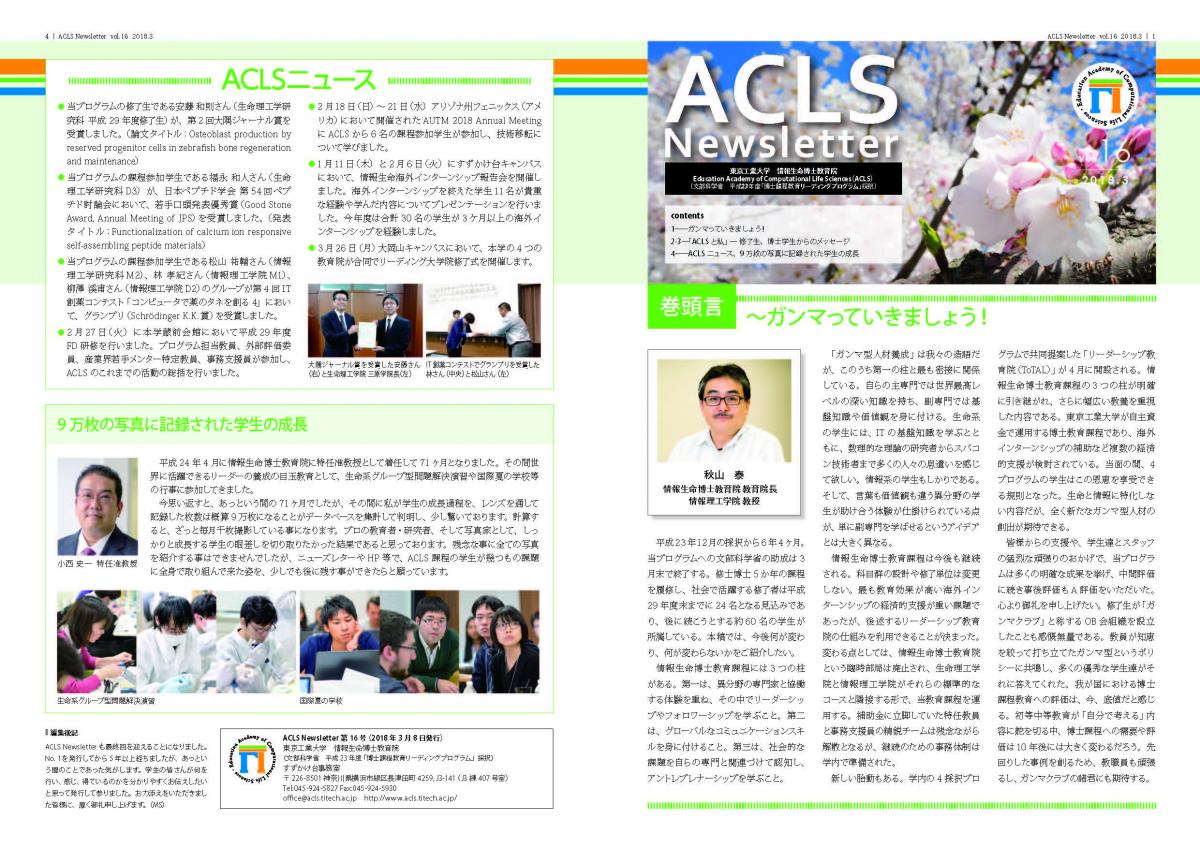- Home
- Program Features
- Career Path Program by Industry-Academia-Government Collaboration
Career Path Program by Industry-Academia-Government Collaboration
Early in the year 2011, we spent six months on thorough discussions held weekly about the mission of the university in regard to human resource development, training goals, and agendas. Each week we invited various experts (two venture business founders, a senior editor of the medical division of Nikkei Shinbun, the former president of Mazda Europe, a former chief engineer of Fujitsu, the software development director of Olympus, and eight other industry experts along with a patent attorney, the Cabinet Office Counselor, the director of Student Support and Exchange Division of the MEXT, the division director of JST, the former dean of Aizu University, the chief researcher of an industry research center, and so on) along with students for fruitful debates.
We have also formed several working groups to discuss the specific measures necessary for our goals.
Through our series of discussions we have learned that society demands a training program for brilliant students from all over the world to produce distinguished specialists with intercultural communication skills; the Γ-type specialists who have a broad perspective and substantial knowledge in multiple scientific fields.
In addition to the conventional mentor program taught by our professors, we introduce the "Industrial Youth Mentor Program", in which we invite top industrial researchers as mentors to support our students in this program.
Few graduate school students understand industrial R&D in reality. Through the mentor program taught by active industrial researchers, the students can understand the connection between their research activities and actual industrial R&D processes and understand the cycle of said processes relatively early in their career paths.
Major figures like Mr. Yoshiaki Tsukamoto, the executive director of Japan Bioindustry Association (JBA), have joined us as program directors and steering committee members to support our program in regard to corporate relations.
We invite top industrial researchers between 30 and 40 years old as "Specially Appointed Executive Lecturers of Industry- Academia Collaboration (Tentative)". At our university laboratory, they are to provide guidance to our students as mentors. We also encourage them to launch joint research projects with our students.
We do not set specific periods for our invitees’ appointments; we invite as many industrial research experts as possible for the short-term or long-term with flexibility, so that any schedule conflicts do not stand in the way of our collaboration.
We expect various benefits from the introduction of this particular mentor program aside from the abovementioned advantages.
One of the most serious issues regarding graduate school education in Japan is the fact that faculty members have numerous responsibilities in addition to their duties at the university; their involvement in projects that require their commitment and the overwhelming information traffic due to globalization occupy their time, which should be spent on providing their students with adequate training and lectures for their research. As a result, they make little progress in their own research and it is hard for them to produce internationally oriented specialists with excellent debate skills.
We assume that this is a very common issue among Japanese universities in recent years. Decrease in the number of associate professors further aggravates the situation.
Lack of mid-level mentors from whom graduate students can receive guidance and advice also constitutes a serious issue.
With our new mentorship program, we are going to establish a new graduate school education system for the first time in Japan, in which students can learn on a daily basis from these "Specially Appointed Executive Lecturers of Industry-Academia Collaboration" who are invited to our laboratories, not only from an academic standpoint, but also from an actual industrial viewpoint.
We understand that it should work both ways: for us and for supporting corporations. We set up a Mentor Committee and appointed Professor Mitsuo SEKINE, the Program Supervisor, as committee director to drive the mentor program forward so that it is beneficial both for us and for supporting organizations.
The Career Paths committee works together with the Overseas Internship Committee on this program.
When we become successful in this new program, it will soon be introduced in other universities in Japan, and with our growing cooperative relationship with industry so far, our program in Tokyo Tech will lead the way.
The introduction of the abovementioned youth mentor program greatly contributes to expanding opportunities for our students to understand viewpoints and time scales in industrial R&D. Along with the mentor program benefits, the mandatory short-term internship for master's students, in which they can learn in the industrial arena, is going to be greatly advantageous to their career paths.










